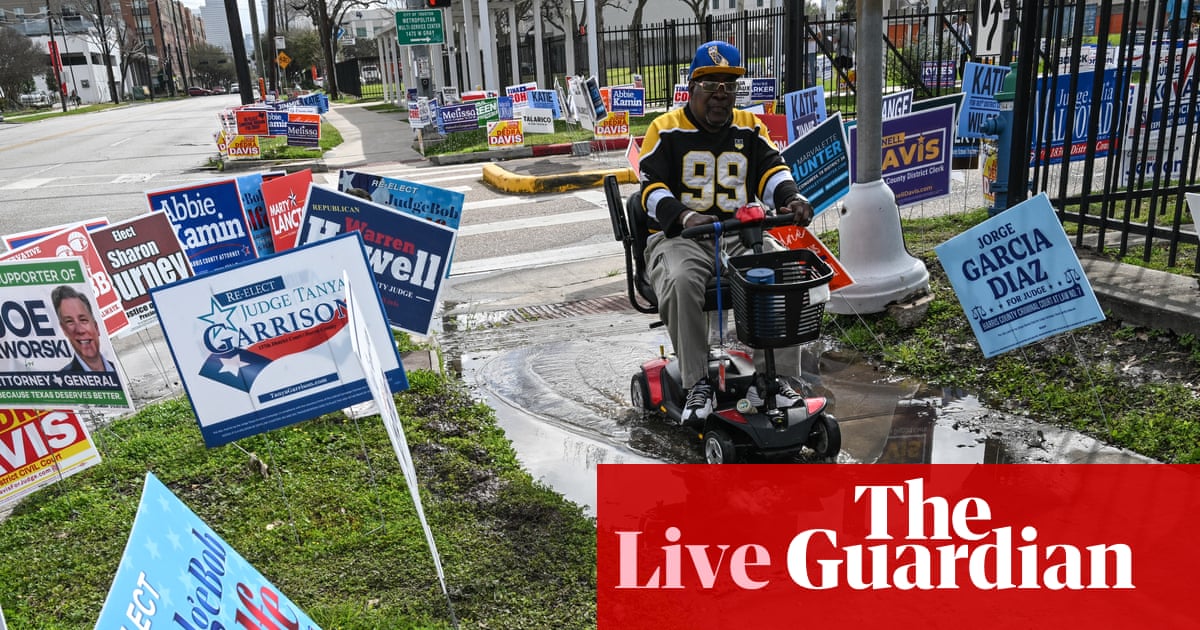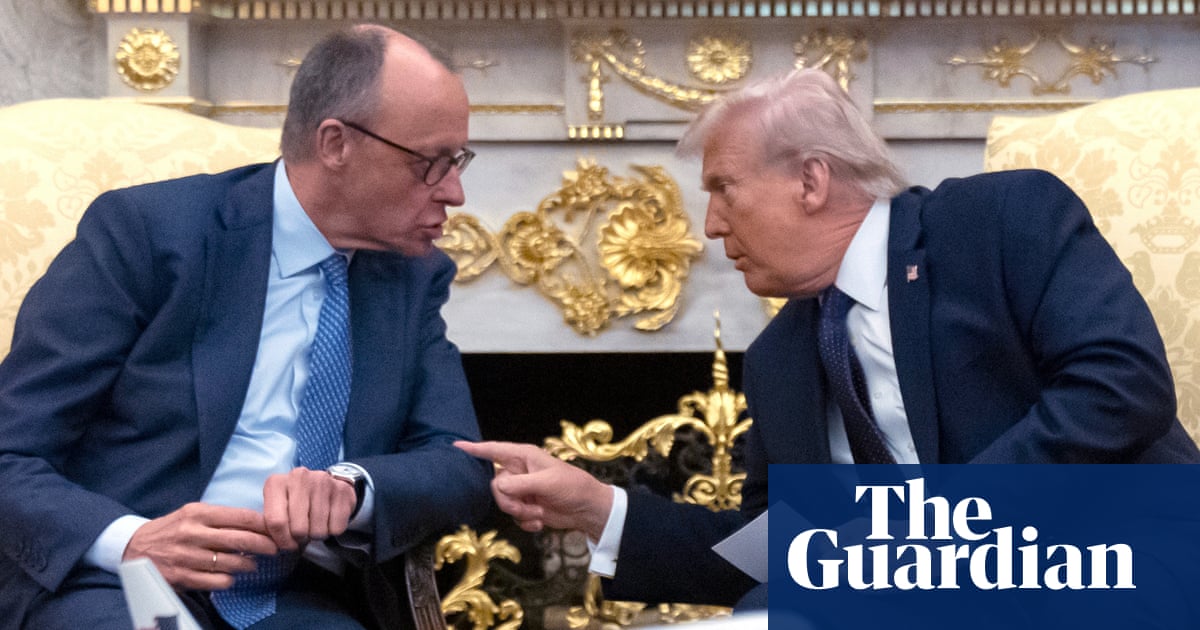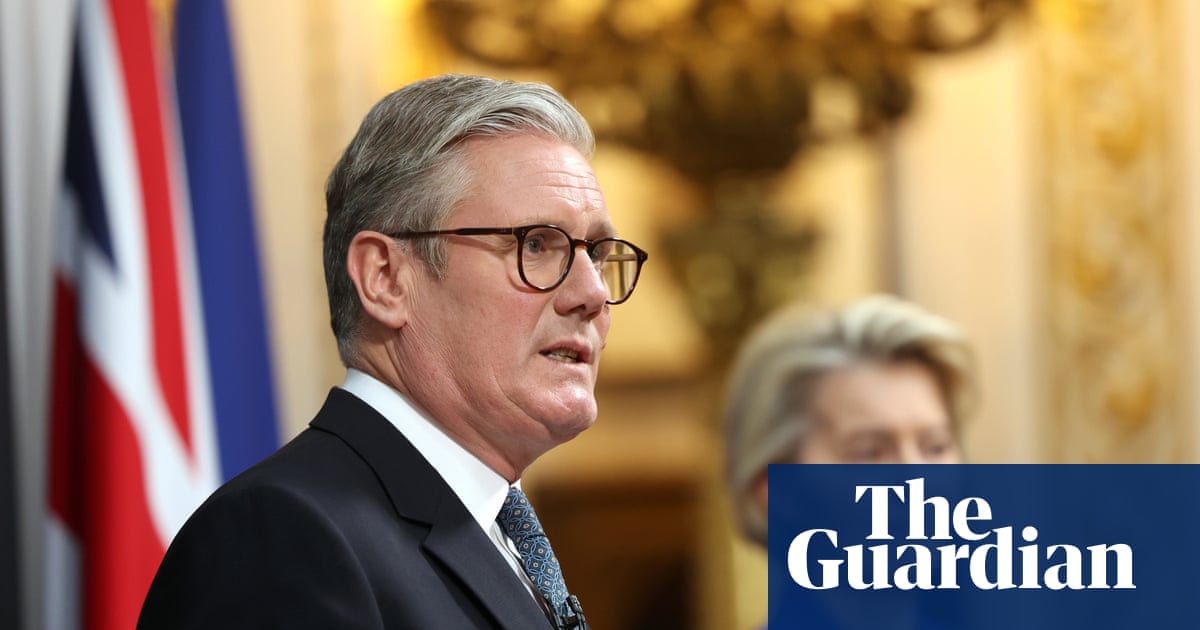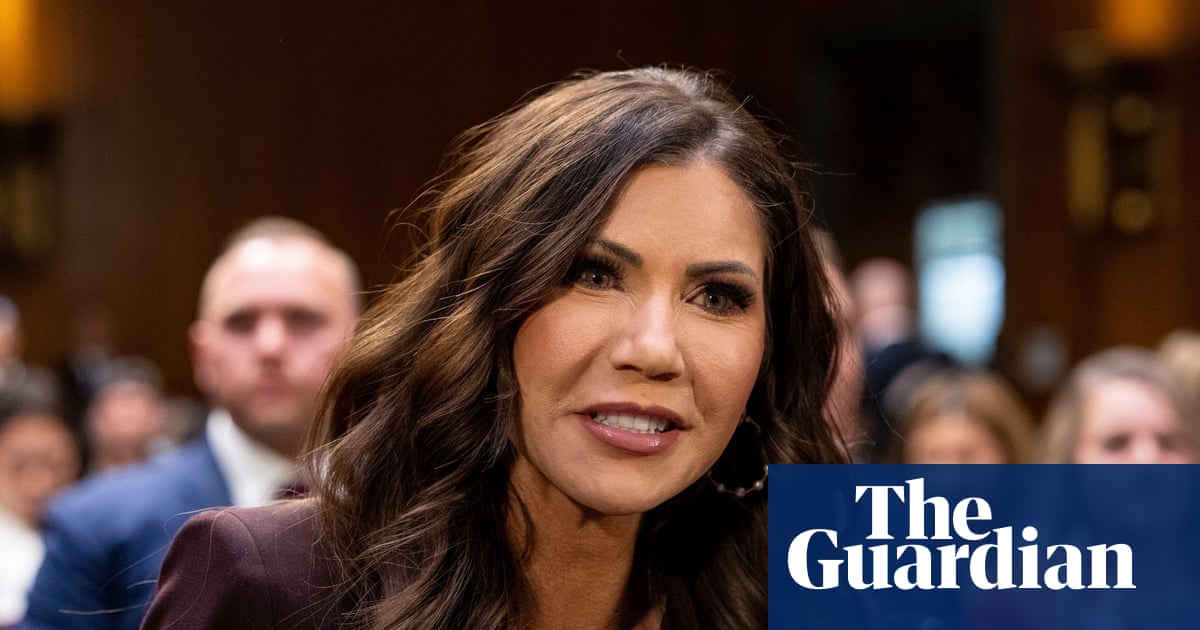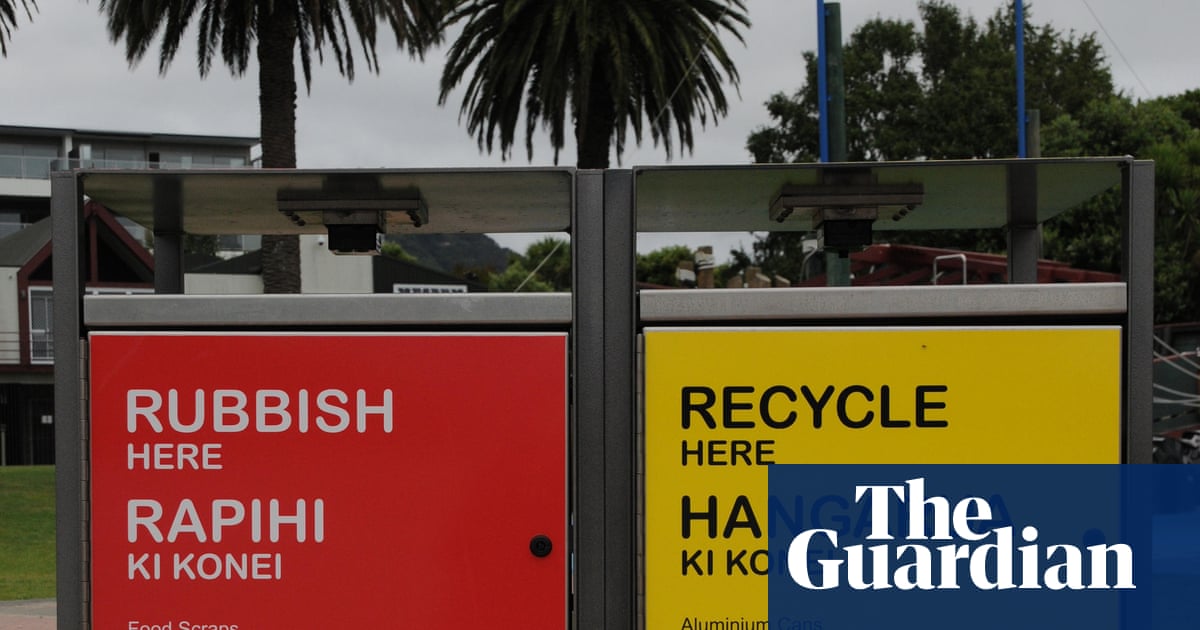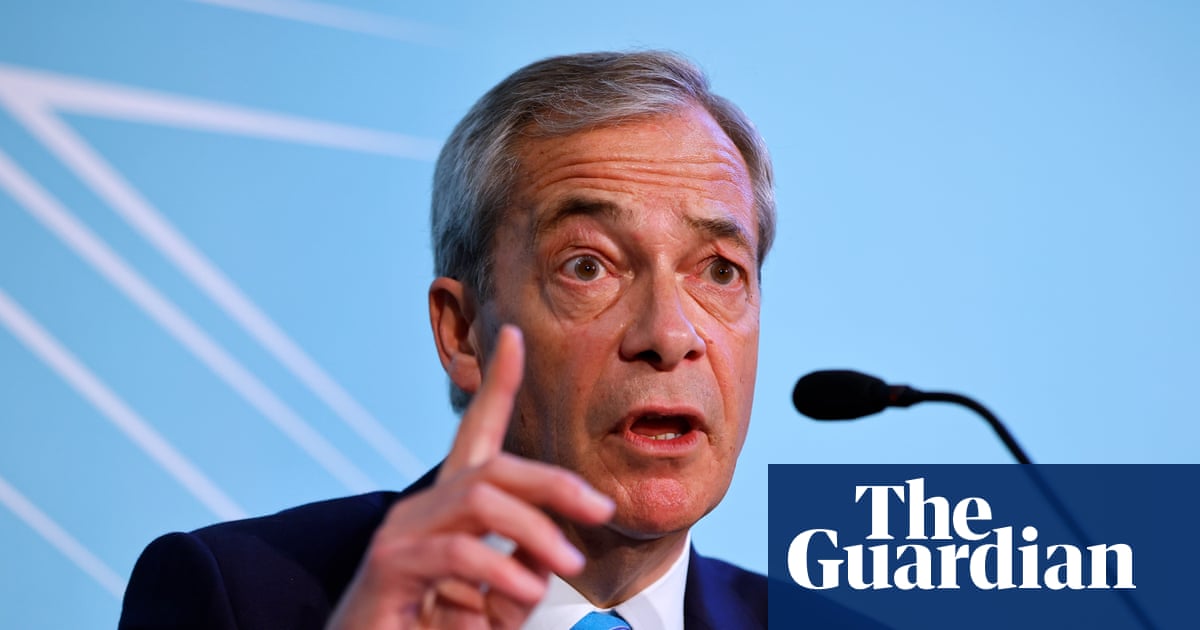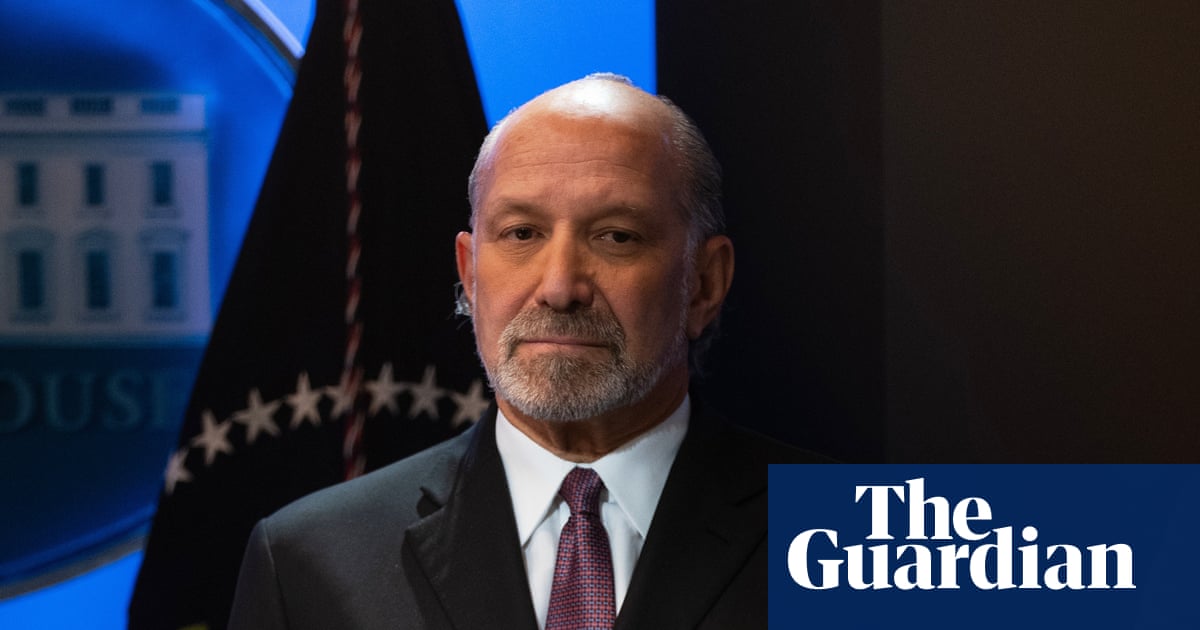The bizarre, self-defeating assault on Wes Streeting suggests a pre-budget panic. This feels like a government losing touch and escaping from dismal circumstances in the real world. The ricochets damaged the PM and Morgan McSweeney, whoever organised these orchestrated briefings. If the briefers are not “found” and fired, No 10 looks either weak or guilty.
The health secretary shrugged it off with wit and agility in a host of interviews and left for Manchester to speak to the NHS Providers conference. There, he addressed grim-faced managers confronting the hardest of times. Resident (formerly junior) doctors go out on a five-day strike from 7am on Friday. Their timing aims at maximum disruption in what will be “one of the toughest winters our staff have ever faced” according to NHS England’s CEO, Jim Mackey. An exceptionally virulent flu strain has arrived early, with cases already several times higher than normal. Last month, flu hospitalisations were up 74% week-on-week.
The latest NHS figures out this week show that in October 54,000 patients waited more than 12 hours for a bed in emergency departments, nearly 10% more than the same month last year. With the elective waiting list now at 7.39 million, Health Foundation analysis has suggested that on current trends, the government will fall just short of its headline pledge to restore the 18-week elective care standard by the end of this parliament. In the 49 days of strikes over the last two years, 1.5m appointments were rescheduled across England.
In their ballot, covering both their July action and this week’s, 90% of doctors voted in favour of striking, on a 55% turnout. No one, including the health secretary, doubts they have deep grievances about their working lives in a system that damages the NHS and detaches young doctors from the hospitals where they briefly work. After hard student years, leading to debts of up to £100,000, they have to rotate between different specialist training posts around the country, never a part of the team where they work, always anxious about their next rapid placement, treated roughly, often going without hot meals, chairs, beds or holidays.
But Streeting has set about improvements. He has pledged to ease the bottleneck by giving UK-trained doctors first choice of training places. The BMA resident doctors committee says some 30,000 doctors apply for 10,000 places. But Streeting’s office says that now only 8% of UK-trained doctors who apply for a post fail to get one. That’s eight percentage points too many, but they’ve been promised that further reforms are on the way.
Their pay claim is greeted with a lot less sympathy. As soon as he was appointed, Streeting settled generously with a 22.3% rise over two years and an above-inflation average of 5.4% this year, making an average increase of 28.9% across three years. The doctors got by far the most; nurses, midwives and physiotherapists are offered 3.6%. The doctors ultimately want another 29%, to restore their pay to where it once was before the bankers’ crash. There is dispute over which measure of inflation should be used in the calculations, RPI or CPI, but either way the entire public sector has has had its pay ruinously diminished since 2008. Paul Nowak of the TUC says that real wages would be £217 a week more had they kept rising at pre-2008 rates.
The doctors have done better than others, which is why Streeting can’t and won’t give in. He’s no headbanger wanting to prove his worth fighting with unions; on the contrary, he has been eager to settle with them but has been snubbed by the BMA’s ungracious haste to strike. The committee has refused his request to meet them.
Under the Tory government, the public backed the striking doctors. Polls have now swung the other way, with 51% against and 40% in support. Even so, 40% is still quite high, considering the widespread anxiety about waiting lists. But 51% currently say doctors should never be allowed to strike, a contrast with attitudes to nurses, where 53% say they should be permitted. But there is no general turning against trade unionism: attitudes towards trade unions remain positive, by 33% to 28% negative.
Slipping support for resident doctors may come from hearing more about their pay, at £38,000 for beginners, rising to £109,000 as a first-year fully trained consultant, which reaches £145,000, with bonuses for some and private practice for others. Given these hard times, the cost of living and stagnant pay for most, these are not the most obvious candidates for public sympathy.
I couldn’t find anyone to talk on the record, but I spoke to resident doctor “Martin” on Thursday between busy clinics. He will not be striking. He says he knows others who won’t either, because they’re worried about patient safety. He does think those starting out in training posts are badly treated, but that hospitals are now hurrying to improve conditions. Pay, he says, is less of an issue.
after newsletter promotion
We wait to see how many doctors come out. A solution to the training-post shortages is urgently needed. A report this week from the Higher Education Policy Institute suggested another route, training up fewer super-specialist consultants but many more training places for doctors and GPs in the community, preventing hospital admissions. Generalists would solve more problems of elderly people with multiple conditions. But good reforms will be harder to agree in the bitter atmosphere of strikes.
-
Polly Toynbee is a Guardian columnist
-
Do you have an opinion on the issues raised in this article? If you would like to submit a response of up to 300 words by email to be considered for publication in our letters section, please click here.

 3 months ago
90
3 months ago
90
